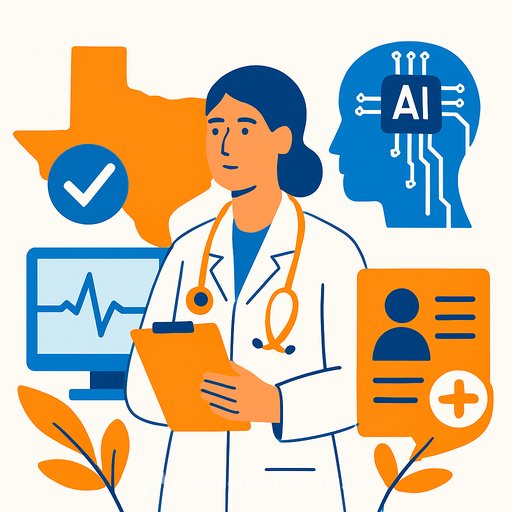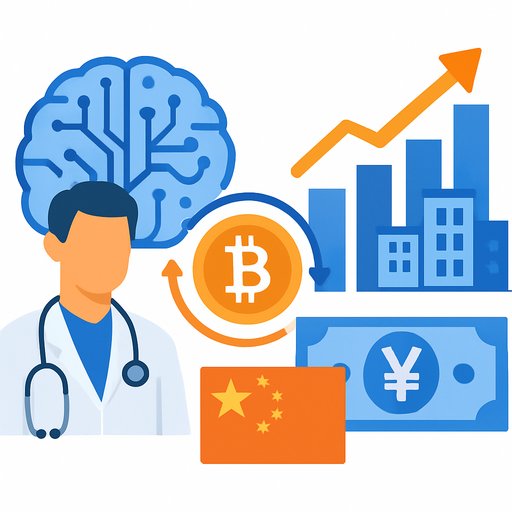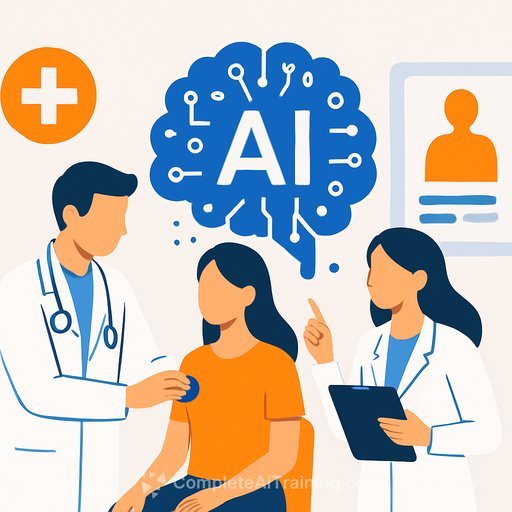New Texas Law Permits Use of AI in Health Care
Starting September 1, 2025, healthcare practitioners (HCPs) in Texas will be authorized to use artificial intelligence (AI) for care-related purposes, including diagnosing patients and developing treatment plans. This change comes as part of new legislation targeting AI use in the public sector and healthcare.
Key Requirements for Using AI in Healthcare
The law sets clear conditions for HCPs employing AI tools in their practice:
- The practitioner must operate within the scope of their professional license, certification, or authorization.
- AI use must comply with existing laws and not be otherwise restricted.
- All medical records generated with AI assistance must be reviewed by the HCP to ensure they meet standards set by the Texas Medical Board.
- HCPs must disclose to patients that AI is being used in their care.
Regarding disclosure, the law does not specify the exact wording or whether it must be verbal or written. Similar regulations, like Utah’s Artificial Intelligence Policy Act, require clear disclosure for regulated professions, including healthcare.
Overlap with Companion Legislation
The Texas Responsible Artificial Intelligence Governance Act (TRAIGA), passed alongside this law, also requires HCPs to notify patients when AI tools are involved in their treatment. Providers should be aware of the obligations imposed by both laws to ensure full compliance.
Practical Steps for Healthcare Providers
Healthcare providers in Texas who currently use or plan to adopt AI should establish procedures to comply with the new law. This includes:
- Implementing processes to review AI-generated medical records for accuracy and adherence to professional standards.
- Determining how to effectively notify patients about AI use, considering both the content and method of disclosure.
Providers interested in expanding their knowledge of AI applications in healthcare can explore specialized courses and resources, such as those offered by Complete AI Training, to better understand integrating AI tools responsibly and effectively.
Your membership also unlocks:






